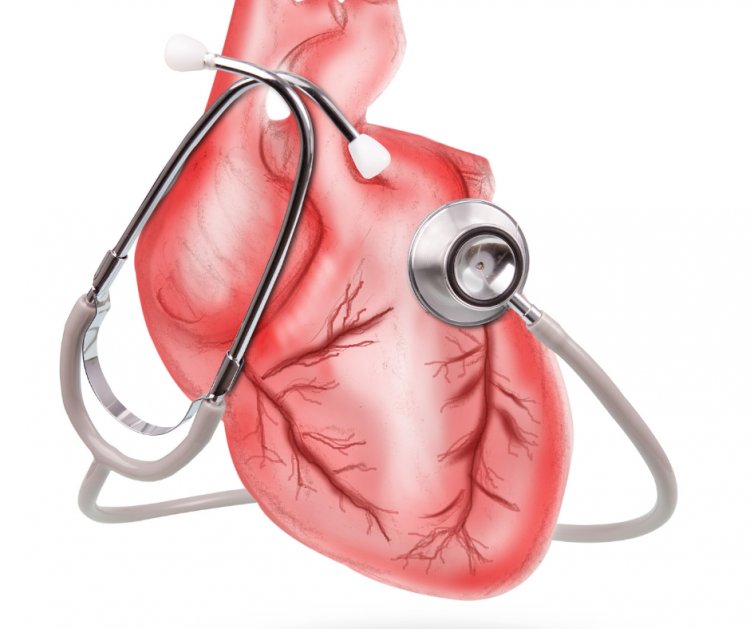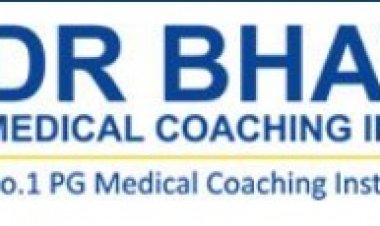Holistic Ways of Preventive Cardic Care with Sidhharrth S Kumaar
Preventive cardiology is an emerging field in medical science where the focus is on lowering the risk of developing cardiovascular diseases in patients. People who have a prominent family or personal history of cardiovascular diseases must visit a preventive cardiologist. Developing cholesterol disorders can also increase your risk of developing CVD, so in this case, preventive cardiology will be of great help. People with obesity, high blood pressure, high blood sugar levels, diabetes should also take preventive measures for cardiovascular health care.

Preventive cardiology is an emerging field in medical science where the focus is on lowering the risk of developing cardiovascular diseases in patients.
People who have a prominent family or personal history of cardiovascular diseases must visit a preventive cardiologist. Developing cholesterol disorders can also increase your risk of developing CVD, so in this case, preventive cardiology will be of great help. People with obesity, high blood pressure, high blood sugar levels, diabetes should also take preventive measures for cardiovascular health care.
PREVENTIVE MEASURES
1. PHYSICAL ACTIVITY
According to professionals, intense physical activity for at least 30 minutes a day is essential to maintain a healthy heart. Regular physical activity reduces the risk of high blood pressure, helps with weight management, and lowers the "bad" cholesterol levels. Many professionals even suggest that if someone is having difficulty exercising continuously for 30 minutes, they can also suitably divide the timings into two or three halves during the day.
2. NUTRITION
Making Healthy food choices is a must not just to prevent CVD but for a healthy lifestyle too. Your diet should contain fruits, vegetables, whole grains, and lean proteins. Tracking your calorie intake and checking on the nutritional value of the food you consume are some of the ways to manage your diet and eat healthily.
3. FAMILY'S MEDICAL HISTORY
You should be aware of your family's medical history. People with a family history of cardiovascular diseases must visit a preventive cardiologist to take care of their heart's health. Start taking the preventive measures by yourself as well, like exercising and diet management.
4. GET ENOUGH SLEEP
A set sleep schedule is something everyone must-have. Lack of sleep can cause serious health issues to arise. Adults who sleep for less than 7 hours per night are at a higher risk of developing many health issues like CVD. Lack of sleep can also put you at a higher risk for heart attacks.
5. MENTAL HEALTH MONITORING
The direct relationship between mental health and heart diseases is not very clear yet. However, deteriorated mental health and chronic stress can cause people to cope with it in many unhealthy ways like excessive smoking or consuming alcohol heavily, ultimately resulting in CVD. Stress can also increase your blood pressure, and having depression symptoms might worsen your cardiovascular health. Having good mental health can improve your heart's health and vice versa.
6. YOGA AND MEDITATION
Many research and studies suggest that yoga and meditation can be very helpful in preventing cardiovascular diseases but preventing problems like hypertension, type 2 diabetes, obesity, and psychosocial stress. Yoga helps in an increased flow of blood circulation which promotes healthy heart health.































